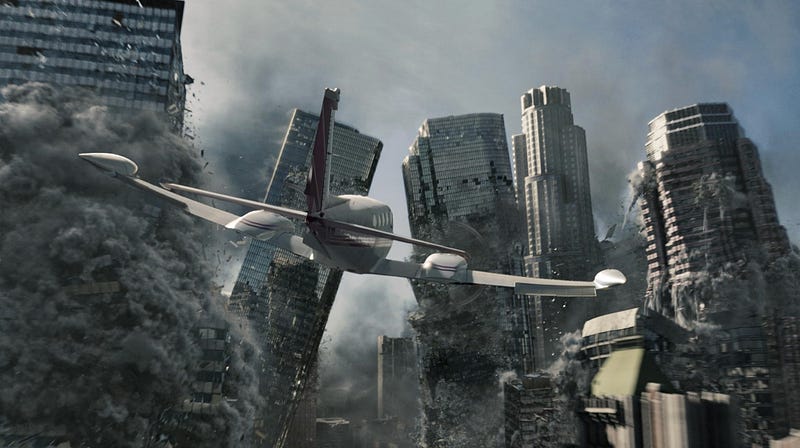‘2012’: A 15-Year Retrospective on the End-of-the-World Spectacle
The disaster movie to top all disaster movies
It may sound hard to believe now, but there was a time when the Mayan’s 2012 end-of-the-world prophecy was enough to stoke paranoia in the eyes of the masses. The cryptic ending of their ancient calendar served as a springboard for momentous, Armageddon-style musings.
It may not have been quite the scare as Y2K in the year 2000, but as a lat…
Keep reading with a 7-day free trial
Subscribe to The Gen Z Report to keep reading this post and get 7 days of free access to the full post archives.


